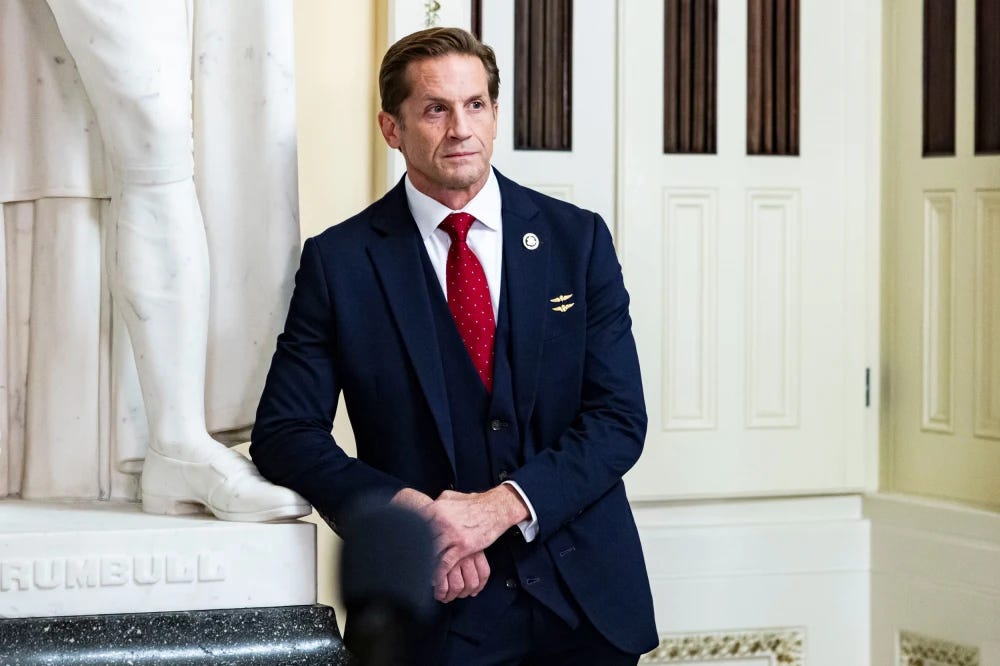GOP Congressman Suggests Children Should Work at Fast Food Jobs Instead of Receiving Free School Lunches
Rep. Rich McCormick of Georgia defends federal aid freeze and questions the need for free school lunch programs.
Rep. Rich McCormick, a Republican from Georgia, stirred controversy on Tuesday by suggesting that some children receiving free school lunches should instead work at fast food restaurants like McDonald's or Burger King. The comment came in the context of his defense of a White House decision to freeze federal aid to various programs, including those that provide free school meals to low-income children.
During an interview on CNN, McCormick praised the move as an opportunity to reevaluate the way the government allocates resources. CNN anchor Pamela Brown pressed him on the potential impact of this freeze, especially on vital programs like Head Start, which provides nutritional assistance to disadvantaged families. When asked if he supported cuts to free school lunches, McCormick responded by drawing from his own childhood experience.
"Before I was even 13, I was picking berries in the field," McCormick said. "I worked my entire way through high school. Are you telling me that kids should stay home and get free lunch instead of working at a fast food job during the summer? I think we need a top-down review of these programs."
The congressman argued that the federal freeze on financial assistance would allow the government to evaluate whether certain individuals could be working and earning their own income, rather than relying on government support. He suggested that children capable of getting a job should be encouraged to gain work experience instead of receiving free meals.
"How many people got their start in fast food when they were kids?" McCormick asked. "Why should we give a blanket rule that gives free lunches to high school kids who are able to go out and get a job and build skills for their future?"
The freeze, ordered by the White House following executive actions signed by President Donald Trump, applies to several federal programs but does not affect essential benefits like Medicare, Social Security, or direct assistance to individuals. Among the programs affected is the National School Lunch Program, which provides free or reduced-price meals to eligible students.
McCormick expressed his belief that the government’s welfare system encourages people to remain dependent rather than giving them the opportunity to "dig themselves out" of poverty through work. He called for a reevaluation of federal aid programs to ensure that they help people become self-sufficient.
"We need a top-down review so we can get people out of poverty," McCormick said, criticizing what he sees as a system that "penalizes people for working" and creates dependency on government support.
The congressman also touched on the issue of nutrition in his interview, referencing Robert F. Kennedy Jr., President Trump’s nominee for Health and Human Services Secretary. McCormick mistakenly referred to Kennedy as "JFK Jr." while praising his stance on providing more nutritious food.
"When in history have our poorest people also been our fattest?" McCormick asked. "This is the first time in America, and it's a serious issue."
The debate over the freeze and its impact on low-income families has sparked widespread conversation. According to the USDA, children qualify for free school lunches based on income and other factors like homelessness or foster care status. Eligibility extends to children whose families earn at or below 130% of the federal poverty level.
McCormick’s remarks have drawn criticism, with opponents questioning his stance on reducing support for vulnerable children and families. The White House, McCormick’s office, and the Department of Agriculture have not yet responded to requests for further comment on the matter.


